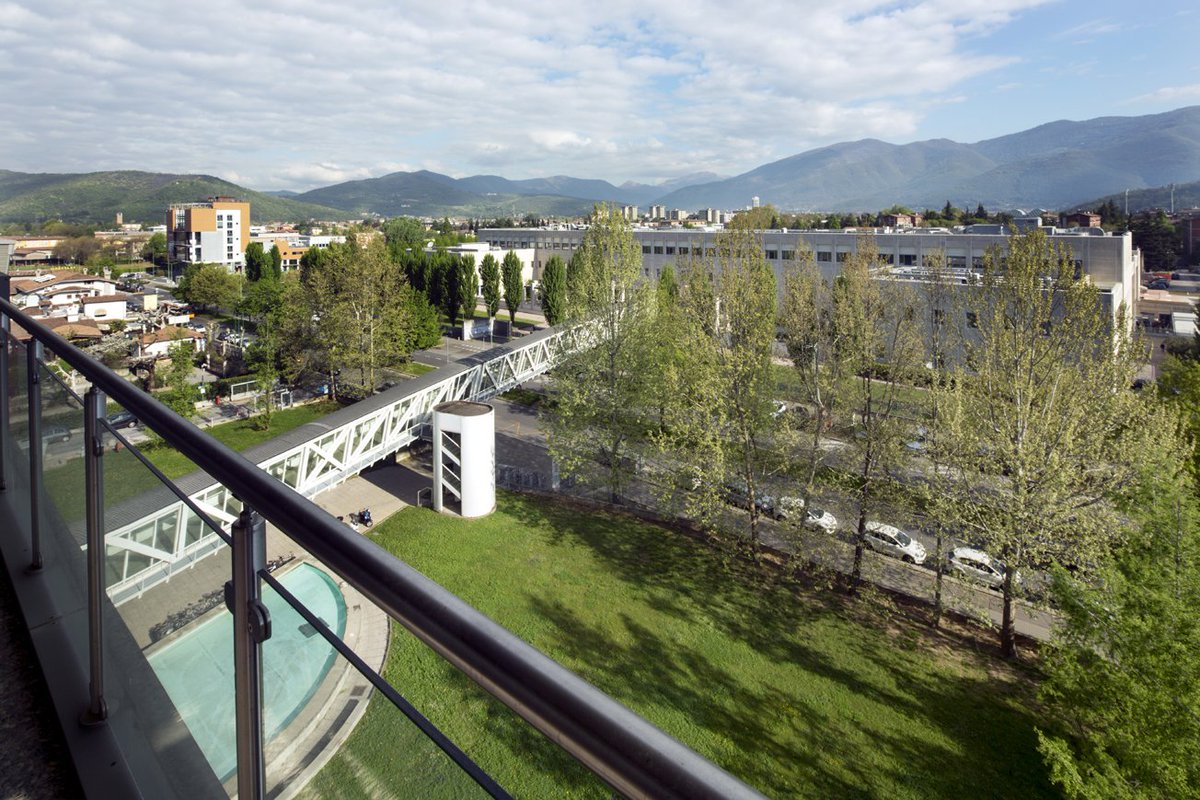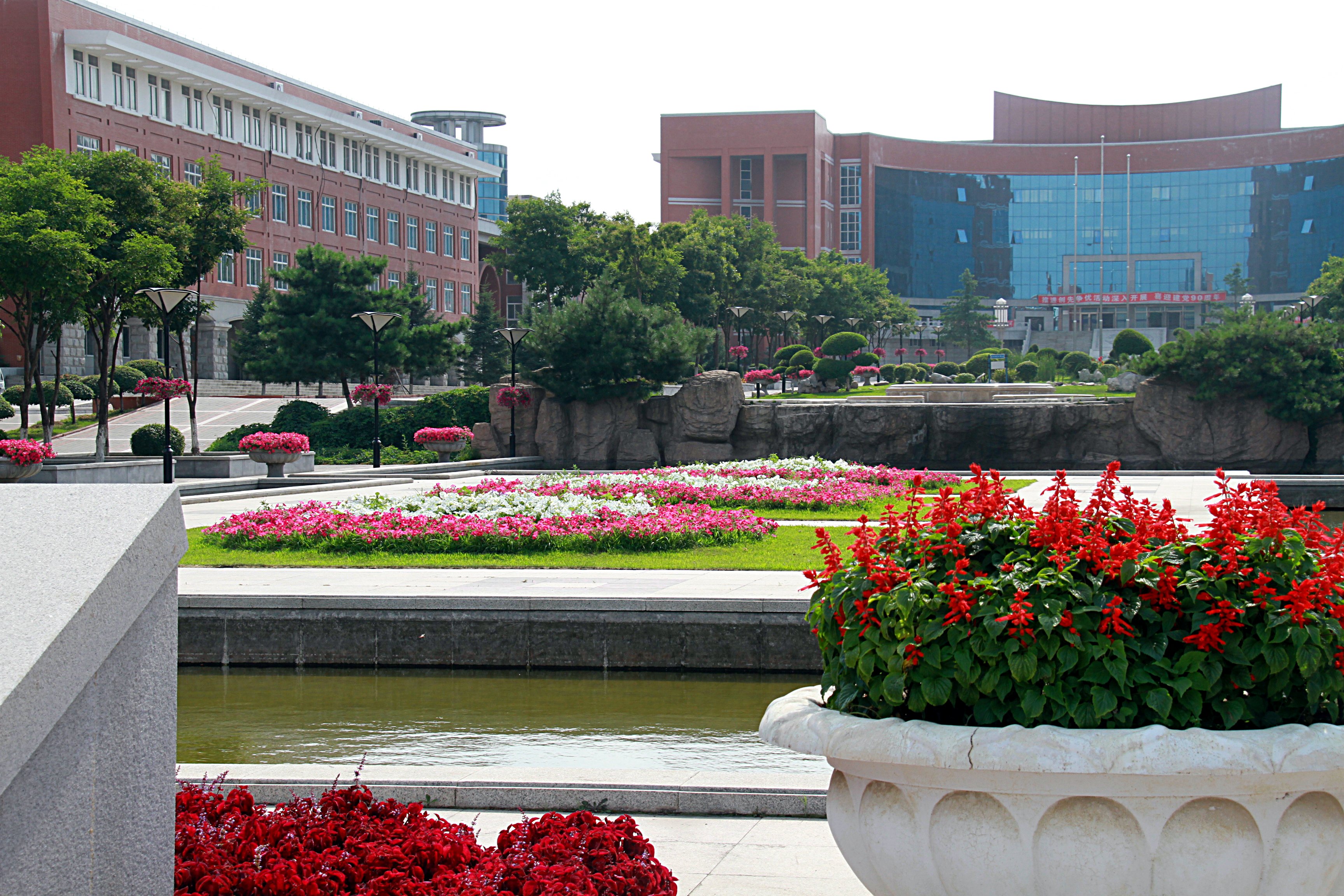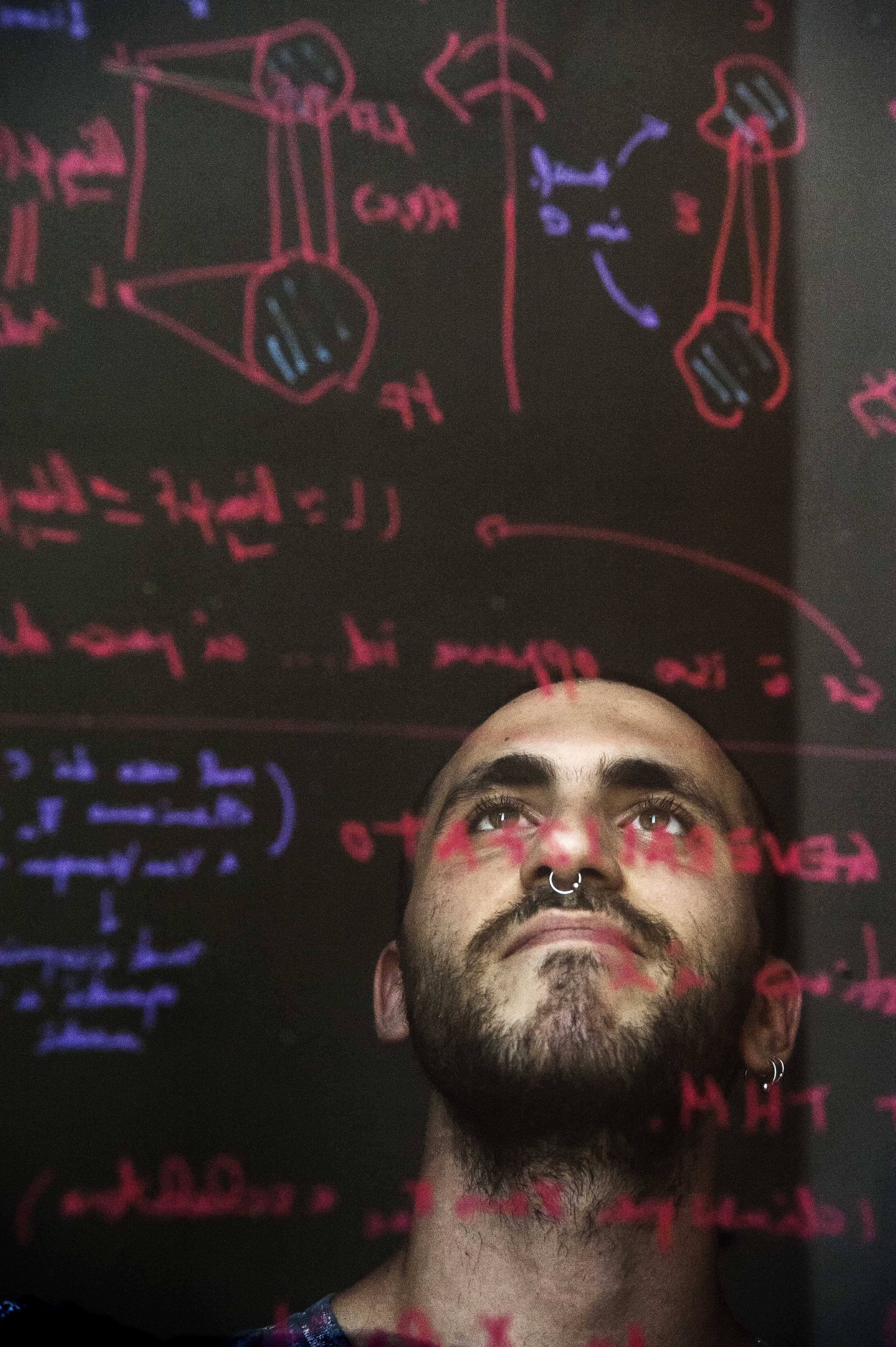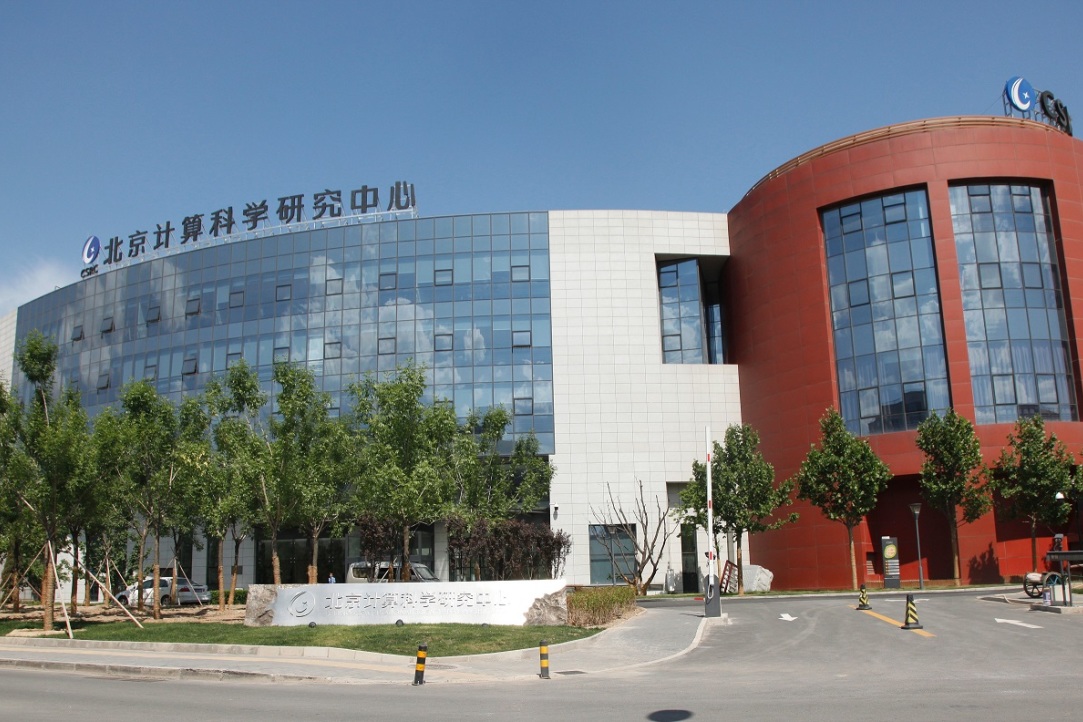Participants

The University of Brescia (UniBs) was officially founded in 1982, building on previous courses provided by the nearby University of Milan, Milan Polytechnic and University of Parma. UniBs is an open and inclusive academic community on a national and regional level, that is socially and economically well-rooted, and eager to face today’s challenges. It is a place where professors and students conduct research, study and work in an interdisciplinary context, while aiming at being a leading institution in society and enhancing the skills and humanism of students who invest in education and culture. UniBs interacts with businesses that want to be competitive thanks to innovation based on research and with institutions that contribute to promoting social progress. With 15.000 students and about 600 professors and researchers, Unibs offers a wide range of educational programs in 4 areas: Economics, Law, Engineering and Medicine, including Bachelor’s and Master’s degrees, PhD programmes and Schools of Specialisation. UniBs has 121 active international cooperation agreements and 150 bilateral agreements within the framework of the Erasmus+ Program for the exchange of students and staff. Moreover, thanks to a scholarship program for international students, Unibs promotes an international study environment. It also provides high quality services for its students, such as counselling services, tutoring, accommodation services, computer and multimedia rooms, wi-fi zones, libraries, on-line services, laboratories and centres of advanced scientific research (https://www.unibs.it).

The Northeast Normal University (NENU) is the first comprehensive university founded in Northeast China (1946) and later incorporated into the Ministry of Education and selected (1996) as one of the universities of the "211 Project”. NENU with its two campuses hosts 23 schools, 78 undergraduate specialties, 38 M.A. programs of the first-level discipline, 17 M.A. master programs of professional degree, 22 Doctoral programs of the first-level discipline and 20 Post-doctoral Research Stations encompassing five national key disciplines. Education and teaching is regarded as the foundation of the school often praised as "The Cradle of the People's Teachers” has contributed to training many excellent teachers for basic education ("Excellent Educator Project"). Scientific research strengthens the university and with great success achieved in disciplines such as Education, History, Ideological and Political Education, Biology, Ecology and Chemistry. In recent years Chemistry, Materials Science, Engineering, and Plant and Animal Science, have been listed in the top 1% of the ESI global ranking. There is one national engineering laboratory and six ministerial-level key laboratories for drug gene and protein screening. And there are two key research bases for Humanities and Social Sciences of the Ministry of Education. The comprehensive strength of NENU's disciplines ranked World Top 500 in 2016. NENU has established cooperations with nearly 300 universities and research institutions in over 30 countries and regions, including the U.S., Canada, the UK, Australia, Korea, Japan and Russia, etc. In 2015, NENU co-founded Rutgers University Newark Institute at NENU with Rutgers, the State University of New Jersey. NENU has cultivated many academic elites and talents of various generations. The university has a number of famous experts and scholars at home and abroad. Many former NENU faculties are well-known scholars and over the past 70 years has cultivated over 300,000 graduates in all fields and levels, counting many talents that have graduated and became famous academicians in the field of ecology, physics, geography and poetry. At its 70th anniversary NENU is pride to take a fresh starting point and a new opportunity to comply with the concept of “Creative Education”, that comprehend moral innovative education and developing distinctive school-running characteristics to enhance education equality. This is part of a great effort in moulding NENU into a world-wide first-rate normal university. More information at the Center’s webpage (http://en.nenu.edu.cn).

The Scuola Normale Superiore (SNS) is a centre of high level education and research, with a great openness towards international exchanges. Students are selected from all over the world to attend undergraduate and post-graduate courses (PhD). SNS has a consolidated tradition in basic research connected with the activities of various centres, laboratories and research groups. The Department of Sciences hosts the SMART Laboratory which - starting from studies in the area of computational Chemistry - has focused its research on theoretical and computational aspects using three-dimensional technology; for Mathematics, research ranges from geometry to applied mathematics to finance; the Laboratory of Biology (BIO @ sns) focuses its studies on the dynamics related to the functioning mechanisms of the brain during development, adulthood and ageing. Various work groups are also active in particle physics, astrophysics and cosmology. The international NEST laboratory, the National Enterprise for nanoScience and nanoTechnology, is an interdisciplinary research and training centre where physicists, chemists and biologists investigate scientific issues at the nanoscale. This knowledge is exploited to develop innovative nanobiotechnological tools, nanoelectronic and photonic devices and architectures. NEST scientists address a rather broad range of research activities that span from semiconductor/superconductor nanostructure design, growth and experimental investigation to photonics and biophysics. The Condensed Matter and Quantum Information Theory group is presently active in the study of of quantum transport, quantum-many body systems, superconductors, semiconductors, and quantum information. In particular, the theoretical study of electronic states and optical transitions aims to understand, and possibly to stretch, the rules that govern light-matter interaction in atomic as well as condensed matter, potentially seeding new paradigms in photonics, optoelectronics and optomechanics. The main research lines related to the present project are: coherent non-linear optics, quantum coherence and interference effects in multi-level systems, dynamic photonic metamaterials and cold atom optomechanics (https://www.sns.it).

The Beijing Computational Science Research Center (CSRC) is a multidisciplinary fundamental research organization founded in 2009 under the auspices of the Chinese Academy of Engineering Physics (CAEP). It positions itself as a center of excellence in computational science research, addressing current and critical issues in multidisciplinary areas of Mathematics, Mechanics, Physics, Chemistry, Materials Science, and Computational Science. The Institute of Theoretical Physics (ITP) is a center devoted to research on theoretical physics within the Chinese Academy of Sciences (CAS). Founded in 1978, ITP is among the first group of institutes that opened to domestic and international scholars, one of the first twelve out of hundred institutions selected (1998) from the Chinese Academy of Sciences (CAS) to implement Pilot Project of the Knowledge Innovation Program (PPKIP), and one of the first four institutions at CAS selected to be assessed internationally (2004). Currently, the Beijing CSRC hosts 34 faculties (including 2 members of the Chinese Academy of Sciences and 13 members of the national “1000 Talents Plan”), 67 postdoctoral students, 98 graduate students, and 42 visiting professors. CSRC is equipped with state-of-the-art high- performance computing facilities, which include a dedicated in-house 14,000+ core TianHe2-JK cluster, in addition to many smaller clusters. ITP currently has 59 staff members with 32 research fellows, including 7 Members of Chinese Academy of Sciences (CAS), 22 members of CAS One Hundred Talents Program, and 13 winners of National Science Fund for Distinguished Young Scholars. More information about the two research centers can be found on the respective webpages: www.csrc.ac.cn and http://english.itp.cas.cn.